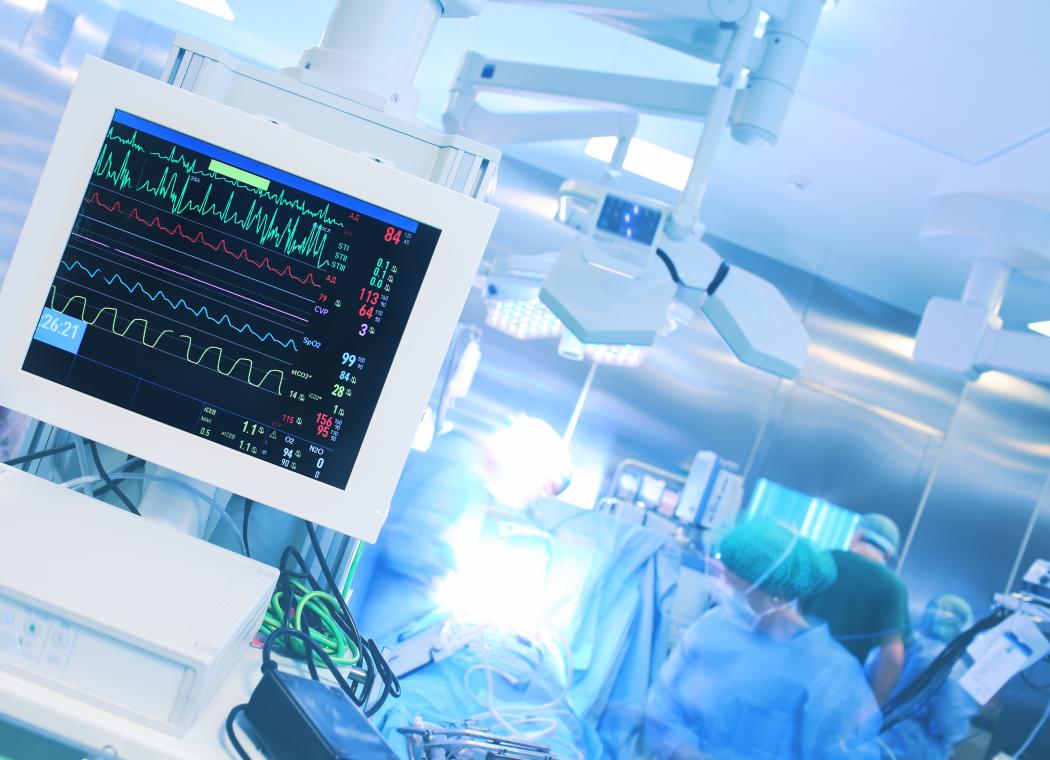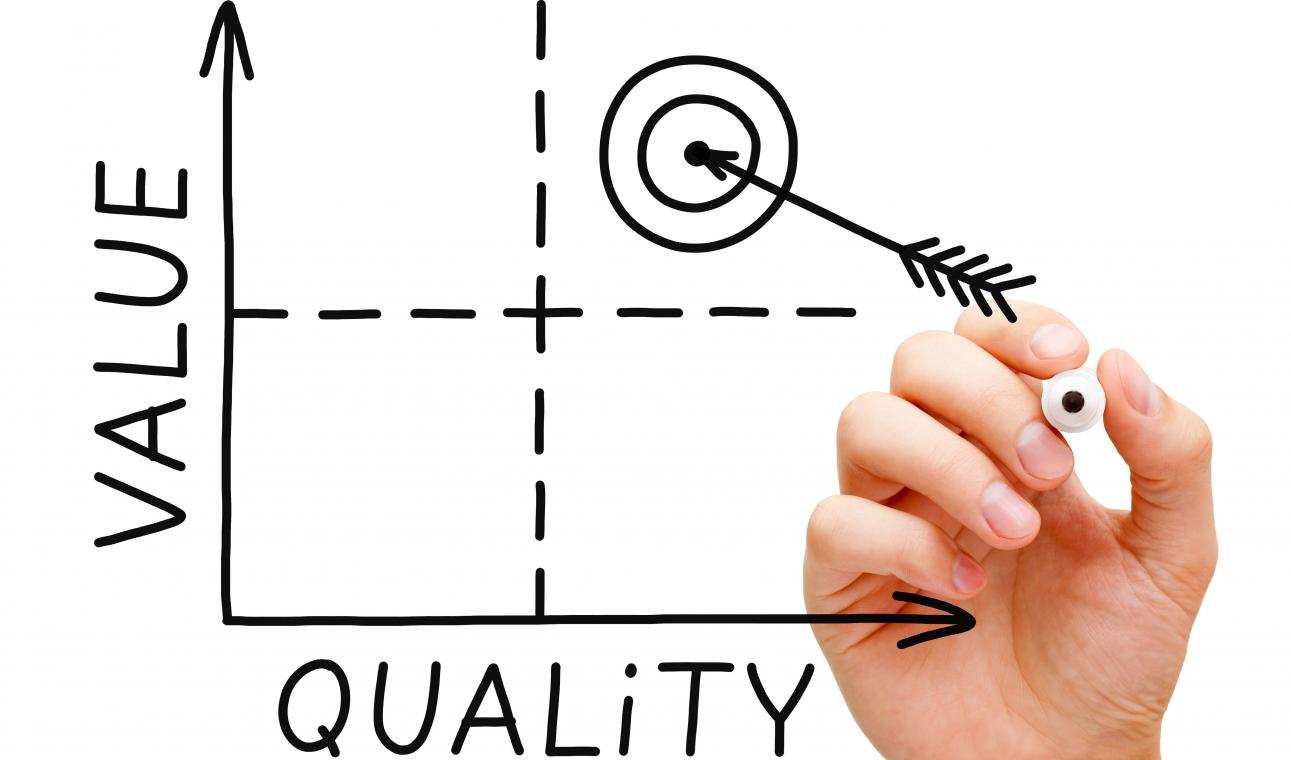

Value and affordability of private health insurance and out-of-pocket medical costs
Executive Summary
The Medical Technology Association of Australia (MTAA) welcomes the opportunity to make a submission to the Senate Community Affairs Committee with respect to its inquiry into the value and affordability of private health insurance (PHI) and out-of-pocket medical costs.
As the peak body representing 71 medical device companies that supply a wide range of products used in a wide range of settings such as hospitals, homes and medical and allied healthcare practices, the focus of this submission relates to medical technology (MedTech) and its current and potential contribution to maximising the value proposition of PHI.
MTAA is of the view that any reform to the existing PHI system needs to achieve a balance between keeping PHI costs to consumers manageable yet offering maximum PHI value to consumers. Any reform which reduces PHI costs whilst diminishing the value of PHI to consumers is likely to be detrimental to consumers, either through reduced choice or increased out-of-pocket costs. This is likely to be detrimental to the objectives of broader reform which is to sustain PHI.
The complexity of health insurance is a major deterrent for both current and prospective customers. This is reflected in a record low 46.5% of the population (since the rebate was introduced) being covered for hospital treatment.
The previous Senate Inquiry held by this Committee into the Prostheses List (PL) framework considered the sustainability issues of PHI through reducing PL benefits and recommended a range of measures be adopted to reduce the PL cost. MTAA continues to work with Government on options for reform to occur in a manner that does not result in unintended consequences for patients increase the burden on the public hospital sector.
Despite its very small contribution to the proportion of the total PHI spend on hospital cover (14%), the PL contributes significantly to one of the key value propositions of PHI for consumers over the public hospital sector – choice. The PL provides privately insured patients certainty of access and cost (currently nil) to a wide range of prostheses in the private sector compared to the public sector and the choice of prostheses the surgeon can make for his/her patient is not constrained. The PL has also contained inflation in the level of the average PL benefit and thereby assisted in keeping PHI costs lower than they would have been had these arrangements not been in place.
It is therefore important that any reform to reduce PL cost does not diminish the consumer perception of PHI value through reduced choice or increased out of pocket costs to avoid a further exodus of members from PHI towards the public waiting lists.
MTAA welcomes this Inquiry examining the other 86% in every private health reimbursement dollar being spent. A review of these costs is likely to generate substantial savings to reduce PHI premium pressures.
This Inquiry offers the opportunity to improve the value of PHI through expanding the PL to allow technologies which support contemporary medical practice to be available to private patients and give them access to the same innovative technologies available to patients in the public system at no cost. This was recognised by this Committee in its previous Inquiry with a recommendation to this effect. However, unlike the previous Inquiry which, by focussing on the PL framework limited the MTAA response to technologies in the hospital setting, this Inquiry offers the opportunity to look at opportunities on how the value of PHI can be enhanced by supporting the use of medical technology to facilitate innovative healthcare interventions and innovative models of care outside the hospital setting. These include telehealth, remote monitoring and in-home dialysis.
Value and affordability of private health insurance and out-of-pocket medical costs Submission 79 4 | Page MTAA Submission to the Senate Inquiry into Value and affordability of private health insurance and out-of-pocket medical costs These advances can result in savings to the healthcare system over current treatments and benefit the economy as patients are able to stay out of hospital and continue to work. It is important financial barriers are addressed to allow patients to access treatments that maximise outcomes and help the economic sustainability of the healthcare system. This Inquiry offers the opportunity for PHI to address patient financial barriers in accessing these technologies.